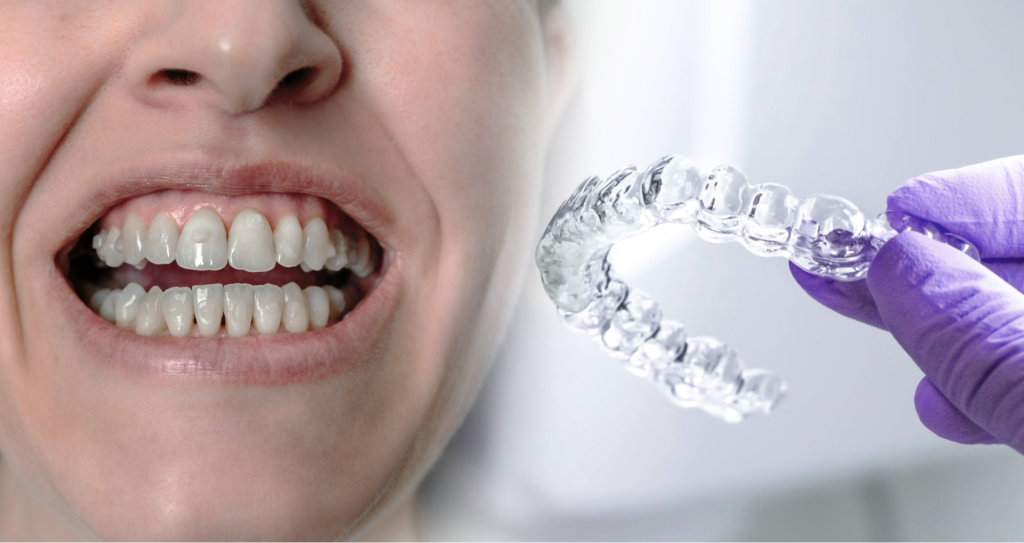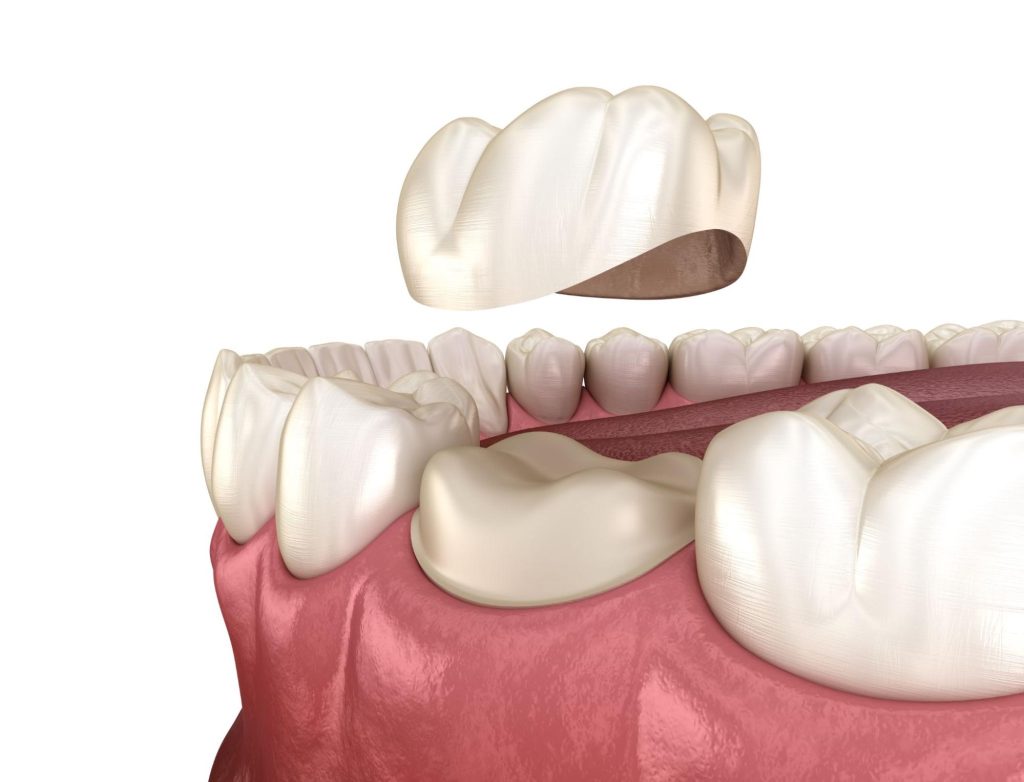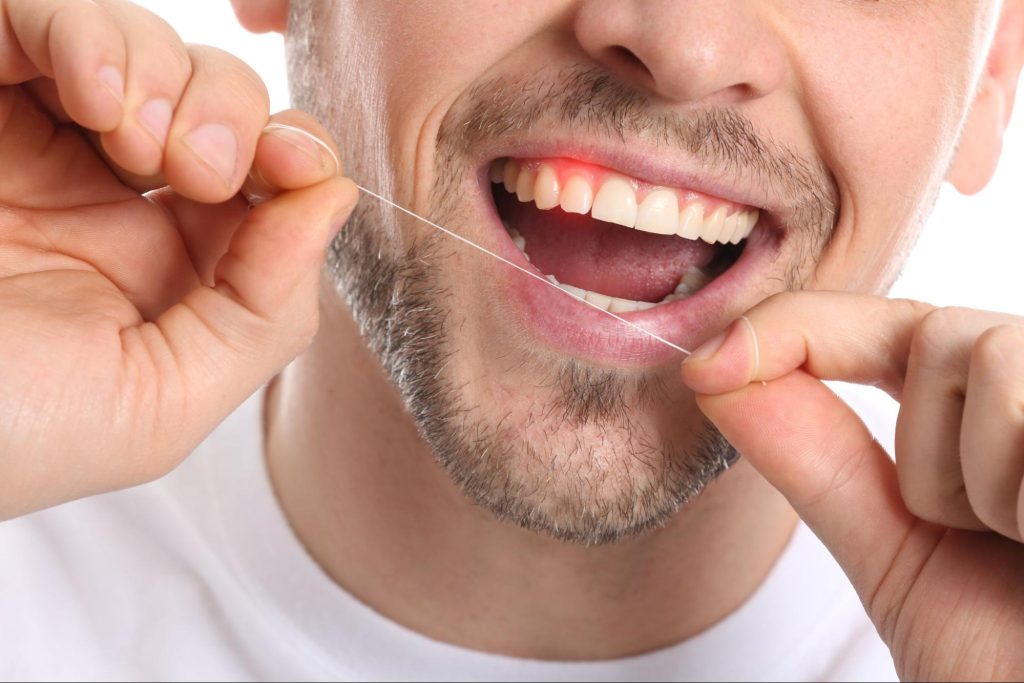Dental emergencies range from dental trauma to severe infections that require immediate attention. Some dental emergencies can be painful and prevent you from going about your daily routine, while others can affect your bite, smile, and the overall appearance of your mouth.
Knowing what constitutes a dental emergency and what you can do to resolve it is the first step to fixing the problem. This will help you reduce the risk of long-term damage and seek optimal treatment.
What Are Dental Emergencies?
Dental emergencies can include accidents that result in trauma to the teeth, such as a cracked or fractured tooth, and severe toothaches caused by infections.
Knocked-out Teeth
Often enough, you can save a knocked-out adult tooth and replant it back in the mouth where it will survive. Please note that this is only possible for adults. Do not attempt to replant baby teeth as this can cause damage to the underlying adult teeth.
If your adult tooth gets knocked out, try the following advice:
- Remain calm and find the tooth
- Only handle to crown, do not touch the root of the tooth
- Do not scrape off any tissue attached to the tooth
- Wash the tooth in milk or very quickly in water
- If you cannot easily replant the tooth back in your mouth, then keep it submerged in milk or hold it in your mouth so that it does not dry out
- Seek immediate dental treatment
Chips, cracks, and fractures
Direct trauma to your teeth can be painful if it results in soft tissue damage and exposed nerves. If you have sustained a chip, crack, or fracture to your teeth, then you should seek immediate medical attention. If the damage is minor, you might be able to save the tooth by seeking immediate treatment.
A cracked tooth might be harder to see, so watch for localized pain when eating. You may also experience pain due to temperature changes, so address this with your dentist as soon as possible.
Severe Toothache
A severe toothache is a sign that something is wrong and may indicate an infection or tooth decay. Seek immediate dental treatment for severe toothaches, especially if there is swelling in the area.
You can take over-the-counter painkillers to alleviate the pain, but be careful as they can burn the affected area if they come into contact with the tooth or gum. You can also apply a cold compress to your cheek around the affected area while you wait for medical treatment.
How to Avoid Dental Emergencies
After covering some of the basics about the most common dental emergencies, here are some tips to help avoid them.
Be Cautious When Eating Crunchy or Hard Foods
A common way to chip, crack, or fracture your tooth is by chewing on hard foods, such as ice or hard candy. Take care when eating hard foods and avoid biting down with too much force. If a piece of food seems too hard, then it’s best not to eat it.
Use a Mouthguard When Needed
Any activity that involves a risk of collision and dental trauma should also involve the use of a mouthguard. This includes contact sports, such as football and martial arts, and leisure and recreational activities that might result in trauma to the mouth.
Use the Correct Tools, Not Your Teeth
Dental emergencies can happen when people use their teeth for purposes other than chewing food. Your teeth are not tools for opening bottles, cutting pieces of thread or holding hairpins and sewing needles. These may seem harmless once or twice, but they can have a cumulative effect on teeth, resulting in permanent damage.
Maintain a Thorough Oral Hygiene Routine
Practicing effective dental hygiene not only helps prevent tooth decay but can also help prevent cracks and tooth chips. This is because the protective enamel of your teeth adds strength to the supporting structures and could save your teeth from trauma.
Maintain Regular Check-ups With Your Dentist
Everyone, regardless of the condition of their teeth, should have a regular check up at least twice a year. By allowing your dentist to identify minor issues with your teeth, you can avoid experiencing the painful and permanently damaging consequences.
Visiting your dentist also gives you the opportunity to review your dental hygiene practices. Don’t be afraid to ask your dentist to give you feedback on how you clean your teeth, or offer you advice on the best products to use.
Replace Your Toothbrush Regularly
Your toothbrush is effective at removing plaque and food particles from your teeth. However, an old, worn-out toothbrush is less efficient at cleaning and harbors damaging bacteria. That is why it is important to replace your toothbrush every 3 to 4 months so that this bacteria does not continuously build up.
Reduce the Amount of Sugar You Eat Daily
Your diet plays one of the most important roles in preventing dental emergencies. A high-sugar diet provides excess fuel to bacteria in your mouth that create acids. These acids then damage the enamel of your teeth, leading to cavities and infections.
Keep Well Hydrated
Drinking water can wash away excess sugars and plaque from your last meal, which helps prevent bacteria from producing those damaging acids that eat your tooth enamel. Saliva does the same thing, so when you become dehydrated and have a dry mouth, there is nothing to wash those leftover sugars out of your mouth to prevent the build-up of acids.
Mosman Fine Dental Can Help
When it comes to dental emergencies such as trauma to your teeth, toothaches, or knocked-out teeth, you need to take immediate action. Not addressing a dental emergency can impact your recovery and even lead to further complications that cost more in the long run.
Have you experienced any of the above symptoms? Or are you interested in safeguarding your teeth against a dental emergency in the future? Then reach out to our professional team at Mosman Fine Dental to book an appointment or discuss ongoing preventative care.



